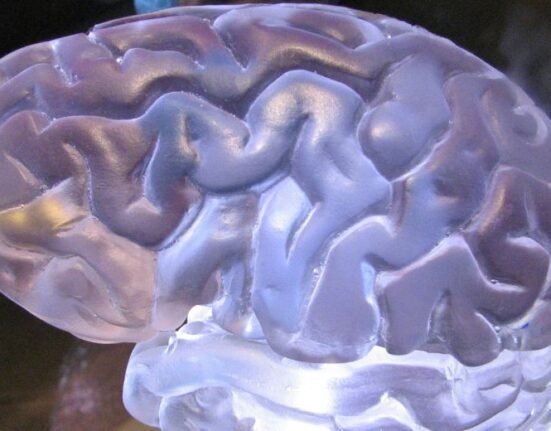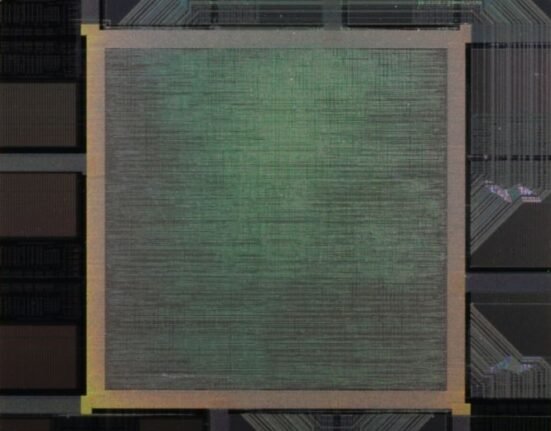HQ Team
May 29, 2023: Neuralink, Elon Musk’s neurotechnology company that is developing implantable brain–computer interfaces, announced that it has received approval from the US FOOD and Drugs Administration (FDA) to conduct chip implant tests on humans.
In a Twitter message, the company said,
“We are excited to share that we have received the FDA’s approval to launch our first-in-human clinical study! This is the result of incredible work by the Neuralink team in close collaboration with the FDA and represents an important first step that will one day allow our technology to help many people. Recruitment is not yet open for our clinical trial. We’ll announce more information on this soon!”
An earlier bid by Neuralink to win FDA approval was rejected on safety grounds, according to a report by Reuters, which quoted Neralink employees’ concerns of hasty and botched experiments and trials on animals.
The go-ahead by FDA comes in the face of federal scrutiny following Reuters reports about the company’s animal experiments.
Undue Haste
Neuralink hopes to use its microchips to treat conditions such as paralysis and blindness, and to help certain disabled people use computers and mobile technology.
Neuralink is mainly engaged in finding a symbiotic connection between human brains and computers. It showcased an experiment with a monkey, which had a Neuralink implanted in its brain and was shown controlling a cursor in a game.
The chips are designed to interpret signals produced in the brain and relay information to devices via Bluetooth. It later repeated the experiment with pigs in 2021, but employees claimed that the company implanted 25 out of 60 pigs with the wrong-sized devices. All the pigs were subsequently killed – an error that employees said could have been easily avoided with more preparation.
Violations
Experts believe that Neuralink’s brain implants need further testing to avoid and ethical and technical challenges. Nueralink is under investigation by the Department of Transportation and US Department of Agriculture for violating certain norms, including transmission of dangerous pathogens on its brain chips and animal welfare violations.
The firm’s website promises that “safety, accessibility and reliability” are all priorities during its engineering process.
A similar breakthrough was recently announced by Swiss researchers who helped a paralysed man walk by simply forcing his mind to command a walk thanks to a system of implants which wirelessly transmit his thoughts to his legs and feet.
Prof Jocelyne Bloch, of Lausanne University, is the neurosurgeon who carried out the delicate surgery to insert the implants. She stressed that the system was still at a basic research stage and was many years away from being available to paralysed patients.
“The important thing for us is not just to have a scientific trial, but eventually to give more access to more people with spinal cord injuries who are used to hearing from doctors that they have to get used to the fact that they will never move again.”





